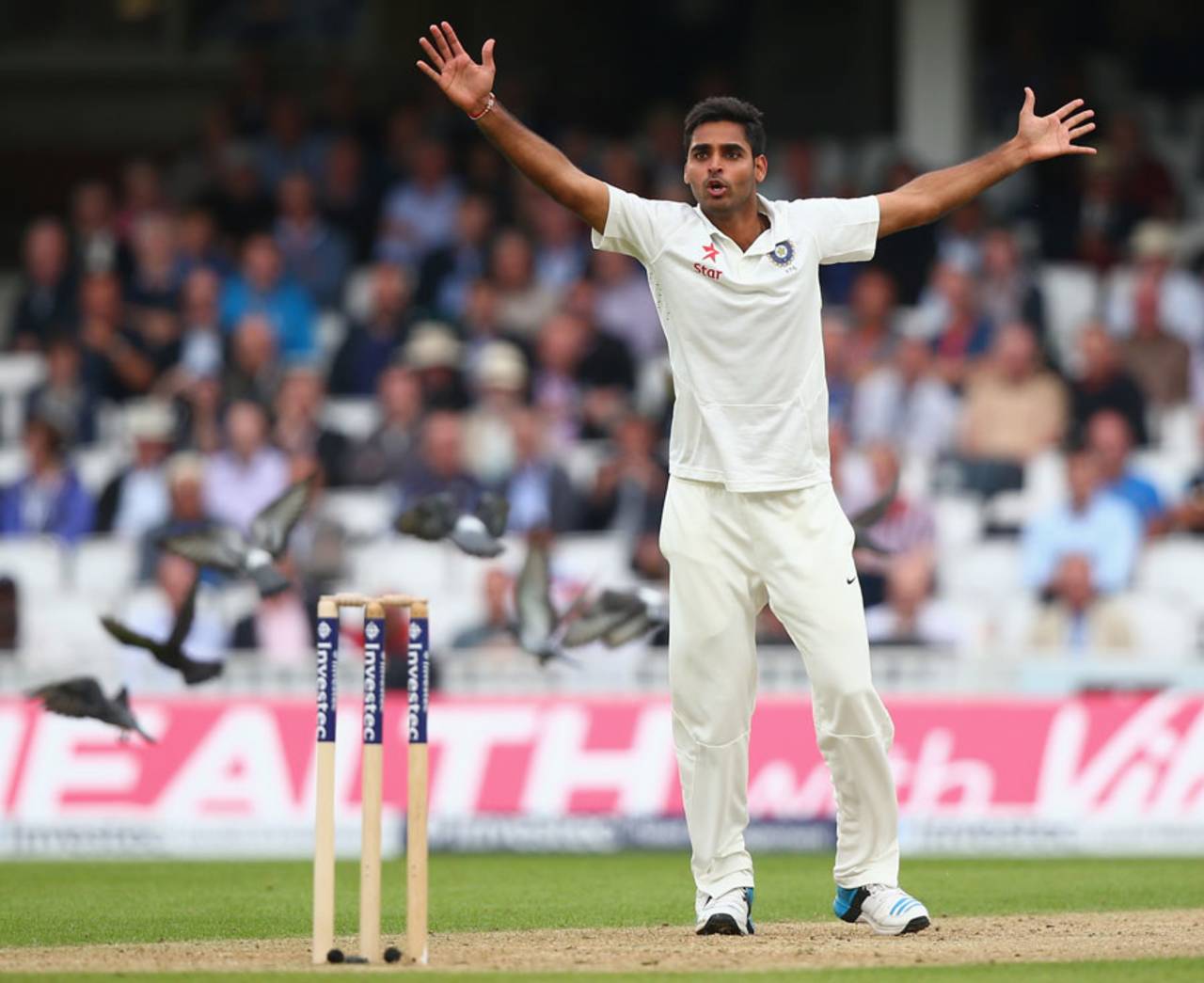A cricket guide for judges
Our great game has much more in common with the law and its practice than we might think
Alan Tyers
Oct 27, 2014, 5:49 AM

"What do you mean I need to appeal to a higher court?" • Getty Images
British High Court judge Mrs Justice Beverley Lang stunned her courtroom this week with her lack of cricket knowledge. Hearing a case about a planning application involving a Hampshire cricket pitch, the judge was told that boundaries might land on the roof of a nearby property. "I don't play cricket - what does that mean? What are fours and sixes?" asked the judge, who is absolutely definitely unaware that she shares a name with England and Hampshire legend Robin Smith.
It seems baffling that such an establishment figure does not have even a rudimentary grasp of England's summer game. But cricket and the law actually have a lot in common - so here's a guide to get the judge started.
As with criminal law, cricket has the concept of a victim, a technical term relating to a bowler getting a batsman out or "claiming him as a victim." It has a variant meaning when used by the cricketer Kevin Pietersen, who believes that he is a victim at all times.
In law, we have the right to be tried by a jury of our peers. In cricket, everybody is judged by a one-man jury of Piers, who pronounces harsh sentences on anybody who isn't his mate Kevin Pietersen (see above).
His rulings almost always carry an aggravating factor and lack appeal.
Sometimes, English batsmen are given a trial by spin. They are invariably found guilty.
Once a trial by spin has been concluded, it is common for the English victim to introduce the concept of the suspect. This means that the bowler who has got all the English batsmen out becomes a suspect, and probably the target of legal action.
The case for the defence is usually made by the noted QC Sir Geoffrey Boycott, who will attempt to cast doubt on the abilities of the current prosecution with reference to the cases of Me v Mikey Holding, Me v Dennis Lillee and Me v bloody everybody on uncovered pitches. M'learned friend Boycott is especially severe on any action he adjudges to have been premeditated, and is also noted for his jurisprudence work related to the burden of proof, or the batsmen getting the benefit of the doubt. NB: This is a different concept to the corridor of uncertainty, which is a device used to unsettle a defendant.
A batsman can be said to have been adjudged lbw. This is generally a euphemism for "No way was that out." Justice is blind, but so are some umpires.
It is important in cricket, as in the law, to establish liability and then hide him in the field where the ball won't get to him too often. See the case of Crown v Panesar, M.
Much like the legal profession, cricket is very keen on preposterous wigs. See Judge Warnie, Judge Vaughany and Judge Goochie for further counsel on this.
In the law, a conversation can be said to be privileged. In cricket, this generally means that Giles Clarke is talking to a cricketer from a public school whom he considers to be the right sort of chap.
The most serious and important concept in law is that of rights. The most serious and important concept in cricket is TV rights and people not watching cricket on the internet.
Finally, like the law, cricket makes uses of sentences. An Australian cricketer is legally obliged to being every sentence with the words "Aw, look…" while his English counterpart must finish every one with "but we're taking the positives going forward".
More imaginary boys and girls at tyersandbeach.com